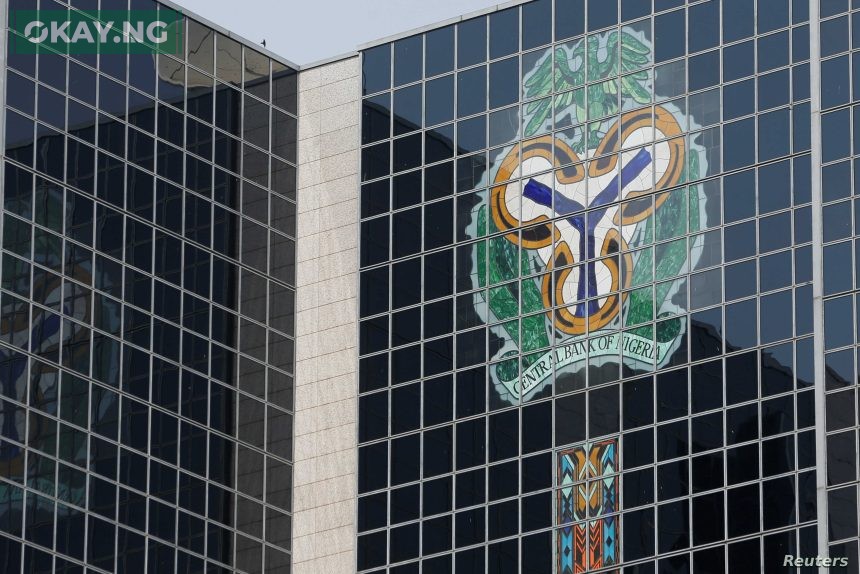The Central Bank of Nigeria (CBN) has issued a directive requiring Domestic Systemically Important Banks (DSIBs) to announce the successors of their managing directors and chief executive officers (MD/CEOs) at least six months before the end of the current executives’ tenure.
The directive, contained in a circular released by the Director of Financial Policy and Regulation Department, Rita Sike, also mandates that banks publicly disclose the appointment of the successor no later than three months before the incumbent leaves office.
According to the Central Bank, the move is anchored on Section 2.14 of the 2023 Corporate Governance Guidelines, which compels commercial, merchant, non-interest, and payment service banks to maintain clear succession plans. The CBN explained that this requirement is designed to minimise disruptions in leadership, enable appointees to adequately prepare for their new roles, and mitigate the risks often associated with abrupt transitions.
The bank emphasised that DSIBs, by their size and significance, play a critical role in maintaining financial system stability and public confidence. It stressed that the stability of these institutions is essential for sustaining trust among depositors, investors, and the broader economy.
“In recognition of the critical role that DSIBs play in sustaining financial system stability, the CBN hereby reiterates the importance of effective succession planning in these institutions,” the circular stated.
The CBN further noted that early approvals and timely disclosures are necessary to reduce uncertainty in the sector while aligning Nigeria’s banking practices with international governance standards.
This directive follows a wave of leadership changes in the Nigerian banking industry, with the regulator seeking to introduce stronger safeguards against the risks posed by sudden executive exits.
Banks have been directed to ensure strict compliance with the policy.







